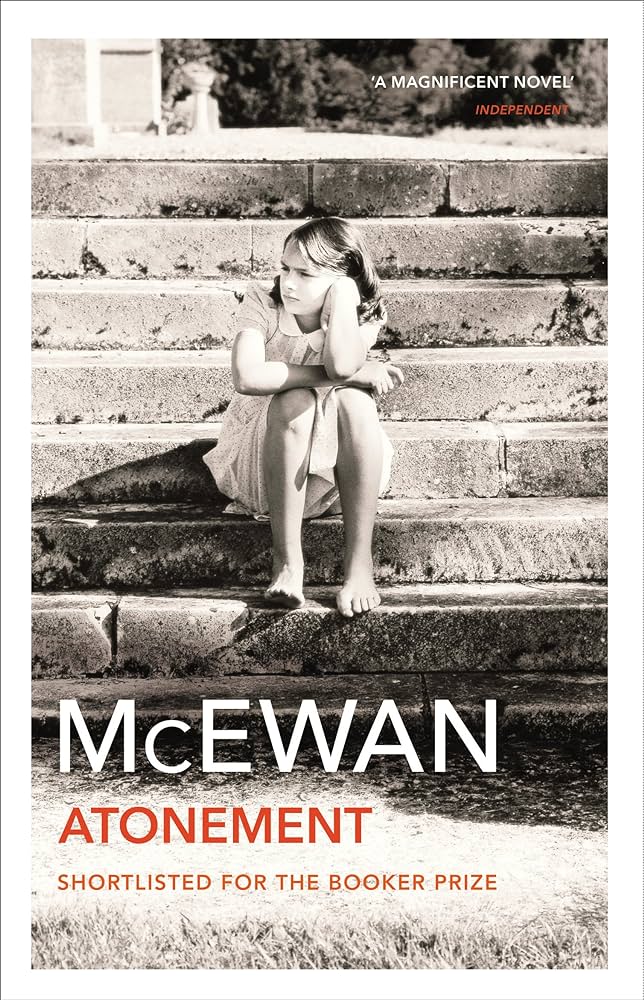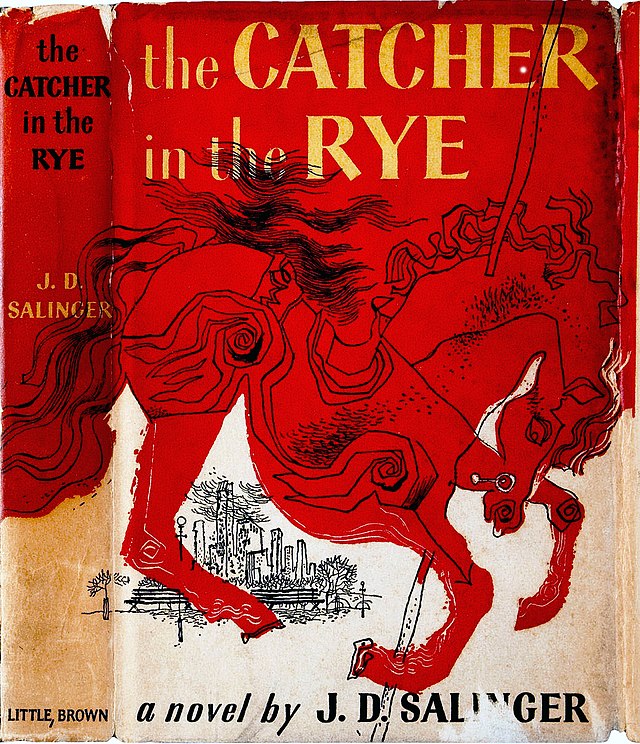
Introduction:
As I embarked on the haunting journey of “The Road” by Cormac McCarthy, I found myself immersed in a desolate and unforgiving landscape, where the bonds of love between a father and son are tested against the backdrop of a post-apocalyptic world ravaged by an unnamed catastrophe. McCarthy’s Pulitzer Prize-winning novel, published in 2006, is a stark and unflinching exploration of survival, resilience, and the enduring human spirit in the face of overwhelming despair. In this personal exploration, I will delve into the profound themes, evocative prose, and haunting imagery that make “The Road” a timeless masterpiece of contemporary literature.
Survival Amidst Desolation:
At the heart of “The Road” lies the harrowing journey of a father and his young son as they traverse a barren and ashen landscape, scavenging for food, shelter, and safety amidst the ruins of civilization. Through McCarthy’s spare and evocative prose, readers are plunged into a world stripped bare of hope and humanity, where every day is a desperate struggle for survival against marauding bands of cannibals, harsh environmental conditions, and the constant threat of starvation and violence. As the father and son navigate this treacherous landscape, McCarthy paints a bleak yet compelling portrait of the human condition, highlighting the primal instincts of self-preservation and the lengths to which individuals will go to protect their loved ones in the face of unimaginable adversity.
The Bond Between Father and Son:
Central to “The Road” is the tender and profound relationship between the unnamed father and his young son, who cling to each other as the last vestiges of hope in a world consumed by darkness. Through their poignant interactions, McCarthy explores the depths of parental love, sacrifice, and the innate desire to protect and nurture the next generation amidst the ruins of civilization. Despite the overwhelming despair that surrounds them, the father and son find solace and strength in their bond, drawing on their shared memories, dreams, and moments of fleeting beauty to sustain them on their perilous journey. Through their unwavering devotion to each other, McCarthy offers a stirring testament to the enduring power of love and familial bonds to transcend even the darkest of circumstances.
Redemption and the Search for Meaning:
As the father and son journey towards an uncertain fate, “The Road” becomes a profound meditation on the nature of existence, morality, and the search for meaning in a world devoid of hope and purpose. Through their encounters with other survivors, abandoned towns, and haunting memories of the past, McCarthy invites readers to confront the fundamental questions of human existence: What does it mean to be human? What is the nature of good and evil? And what legacy do we leave behind in the wake of our own destruction? In the face of such existential uncertainty, the father and son grapple with their own mortality and the elusive promise of redemption, finding solace in moments of shared humanity, compassion, and the enduring power of love to transcend even the darkest of circumstances.
Conclusion:
As I reached the poignant conclusion of “The Road,” I found myself profoundly moved by Cormac McCarthy’s haunting exploration of survival, love, and the enduring human spirit in the face of overwhelming despair. Through his spare yet evocative prose, McCarthy invites readers to confront the existential horrors of a world consumed by darkness while also celebrating the resilience, courage, and capacity for compassion that define the human experience. “The Road” stands as a timeless masterpiece of contemporary literature, offering a stark yet ultimately hopeful vision of the human condition and the enduring power of love and redemption to transcend even the darkest of circumstances. Truly, McCarthy’s haunting saga serves as a poignant reminder of the indomitable nature of the human spirit and the enduring legacy of hope and resilience in the face of unspeakable tragedy and loss.




